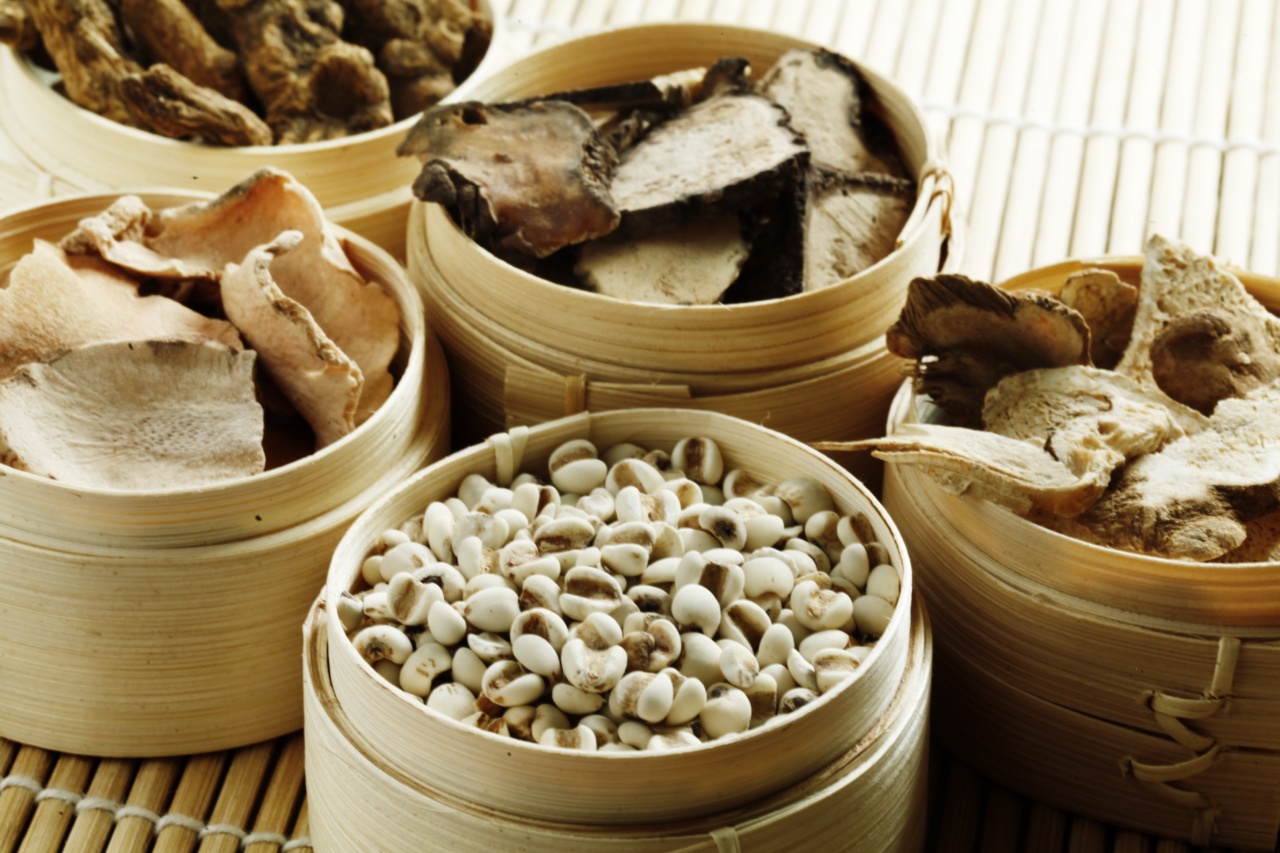Diabetes is a chronic condition that affects millions of individuals worldwide. It occurs when the body either does not produce enough insulin or is unable to use insulin effectively, resulting in elevated blood sugar levels.
While diabetes management typically involves medications and lifestyle modifications, there is growing interest in natural remedies for this condition. One such remedy that has gained attention in recent years is mushrooms. Research suggests that certain types of mushrooms may offer potential benefits in managing diabetes and its associated complications.
1. Types of Mushrooms
There are various types of mushrooms, each with its own unique nutritional composition and potential health benefits. Some of the mushrooms that have been studied for their anti-diabetic properties include:.
2. Reishi Mushroom
Reishi mushrooms, also known as Ganoderma lucidum, have been used in traditional Chinese medicine for centuries.
They are rich in bioactive compounds such as triterpenes and polysaccharides, which are believed to contribute to their potential anti-diabetic effects. Studies have shown that reishi mushrooms may help improve blood sugar control, enhance insulin sensitivity, and reduce the risk of complications associated with diabetes.
3. Maitake Mushroom
Maitake mushrooms, scientifically known as Grifola frondosa, have been traditionally prized for their medicinal properties. These mushrooms are a good source of polysaccharides called beta-glucans, which have been found to have anti-diabetic properties.
Research suggests that consuming maitake mushrooms may help regulate blood sugar levels, improve insulin sensitivity, and reduce insulin resistance.
4. Shiitake Mushroom
Shiitake mushrooms (Lentinula edodes) are widely consumed and known for their rich flavor. They are also packed with nutrients and bioactive compounds that may be beneficial for individuals with diabetes.
Shiitake mushrooms contain a compound called eritadenine, which has been found to help lower cholesterol levels. Additionally, they are a good source of dietary fiber, which can aid in blood sugar control and improve overall glycemic control.
5. Cordyceps Mushroom
Cordyceps mushrooms are a unique type of fungi that grow on caterpillars in the wild. They have been used extensively in traditional Chinese medicine for a range of health conditions, including diabetes.
Cordyceps mushrooms are rich in antioxidants and have been found to possess anti-inflammatory properties. Some studies suggest that cordyceps may help regulate blood sugar levels, improve insulin secretion, and protect against diabetic kidney damage.
6. Lion’s Mane Mushroom
Lion’s mane mushrooms (Hericium erinaceus) are known for their unique appearance and potential health benefits. They contain bioactive compounds like erinacines and hericenones, which have been shown to have neuroprotective properties.
While lion’s mane mushrooms have not been extensively studied for their anti-diabetic effects, their potential benefits in supporting overall cognitive health may indirectly benefit individuals with diabetes.
7. Clinical Evidence
Several studies have investigated the impact of mushrooms on diabetes management and its associated complications. While more research is needed to fully understand the mechanisms and potential benefits, preliminary findings are promising.
One study published in the Journal of Ethnopharmacology found that extracts from reishi mushrooms helped improve blood sugar control and enhance insulin sensitivity in diabetic rats.
Another study in the International Journal of Medicinal Mushrooms reported that maitake mushrooms improved insulin resistance and reduced blood glucose levels in obese diabetic mice.
Additionally, a review published in the journal Nutrients highlighted the potential of various mushroom species, including shiitake and cordyceps, in regulating blood glucose levels and improving overall glycemic control in individuals with diabetes.
8. Possible Mechanisms
The beneficial effects of mushrooms on diabetes may be attributed to their unique nutritional composition and bioactive compounds. Some potential mechanisms include:.
9. Regulation of Blood Sugar Levels
Several mushroom species, such as reishi, maitake, and shiitake, have been found to reduce blood glucose levels by enhancing insulin sensitivity, increasing insulin secretion, and improving glucose uptake by cells.
10. Antioxidant and Anti-inflammatory Effects
Mushrooms are rich in antioxidants and have been shown to possess anti-inflammatory properties. By reducing oxidative stress and inflammation, they may help protect against diabetic complications and promote overall health.
Conclusion
While mushrooms show promise as a natural diabetes treatment, it is important to note that they should not replace conventional medications or lifestyle modifications.
As with any natural remedy, it is advisable to consult with a healthcare professional before incorporating mushrooms into your diabetes management plan. Nevertheless, their potential benefits make them worth considering as part of a holistic approach to diabetes care.

























